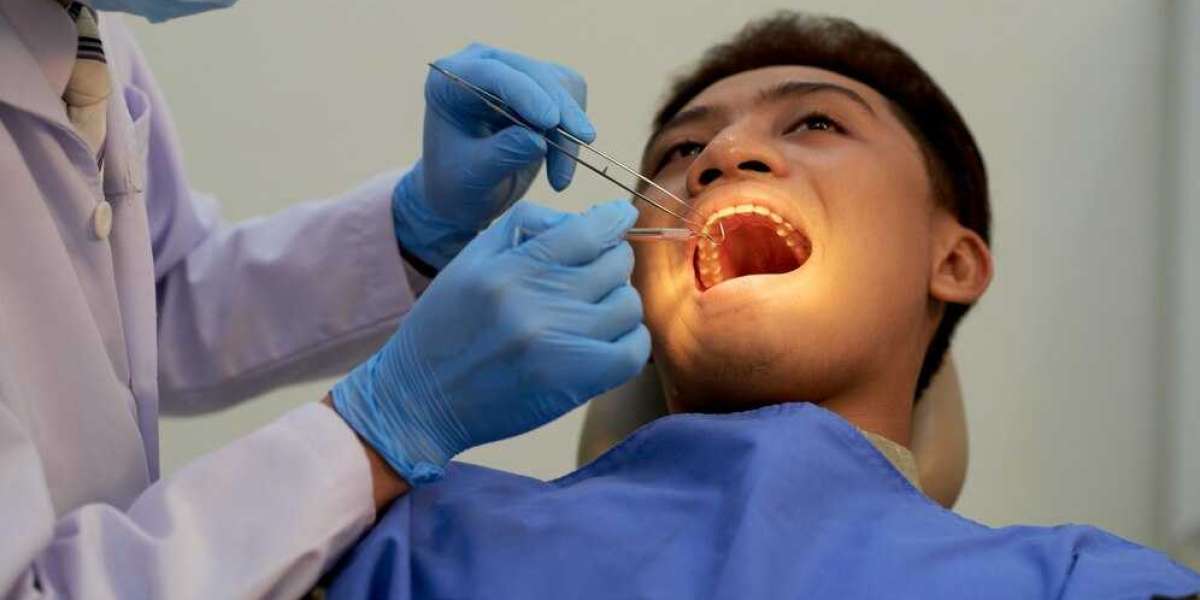Oral surgery encompasses a wide range of procedures aimed at treating conditions affecting the teeth, gums, and jaw. While many dental issues can be managed with non-surgical treatments, some conditions require surgical intervention to restore oral health. Understanding the different types of oral surgery, their benefits, and post-operative care can help patients make informed decisions about their treatment options.
Types of Oral Surgery
- Wisdom Tooth Extraction
One of the most frequently performed oral surgery procedures is the removal of wisdom teeth. These third molars often become impacted, causing pain, swelling, and infection. Surgical extraction ensures that they do not cause further complications.
- Bone Grafting
Bone grafting is an essential procedure for patients with jawbone deterioration. It is commonly performed before dental implant placement to provide a stable foundation for the implant. Oral surgery in this case helps in restoring lost bone mass.
- Corrective Jaw Surgery
Severe jaw misalignment can lead to problems such as speech difficulties, breathing issues, and an improper bite. Corrective oral surgery repositions the jaw, improving both function and aesthetics.
Why Oral Surgery is Necessary
- Treating Severe Dental Conditions
While minor dental problems can be treated with fillings or root canals, some cases require oral surgery for a permanent solution. Conditions like cysts, tumors, and severe infections often necessitate surgical removal.
- Preventing Future Health Risks
Ignoring oral health issues can lead to systemic problems, including heart disease and diabetes complications. Surgical intervention helps in preventing these risks by addressing infections and structural abnormalities.
Preparation for Oral Surgery
- Pre-Surgical Consultation
Before undergoing oral surgery, a thorough consultation with the oral surgeon is essential. This involves reviewing medical history, discussing anesthesia options, and planning the procedure for optimal results.
- Dietary Restrictions
Patients may be advised to avoid eating or drinking for several hours before oral surgery, especially if general anesthesia is being used. This precaution minimizes the risk of complications during the procedure.
Post-Operative Care and Recovery
- Pain Management
Post-surgical discomfort is common, but prescribed pain medications and over-the-counter options help manage it effectively. Ice packs can also reduce swelling.
- Dietary Adjustments
Soft foods such as yogurt, mashed potatoes, and soups are recommended after oral surgery to prevent irritation at the surgical site.
- Monitoring Healing Progress
Patients should follow their surgeon’s instructions carefully and attend follow-up appointments. Signs of infection, such as persistent swelling or fever, should be reported immediately.
Conclusion
Oral surgery is a critical aspect of dental healthcare, addressing conditions that cannot be managed through routine treatments. Whether it’s wisdom tooth removal, bone grafting, or corrective jaw surgery, these procedures offer long-term benefits for oral and overall health. Proper preparation and post-operative care ensure a smooth recovery, making oral surgery a valuable solution for maintaining a healthy smile.











